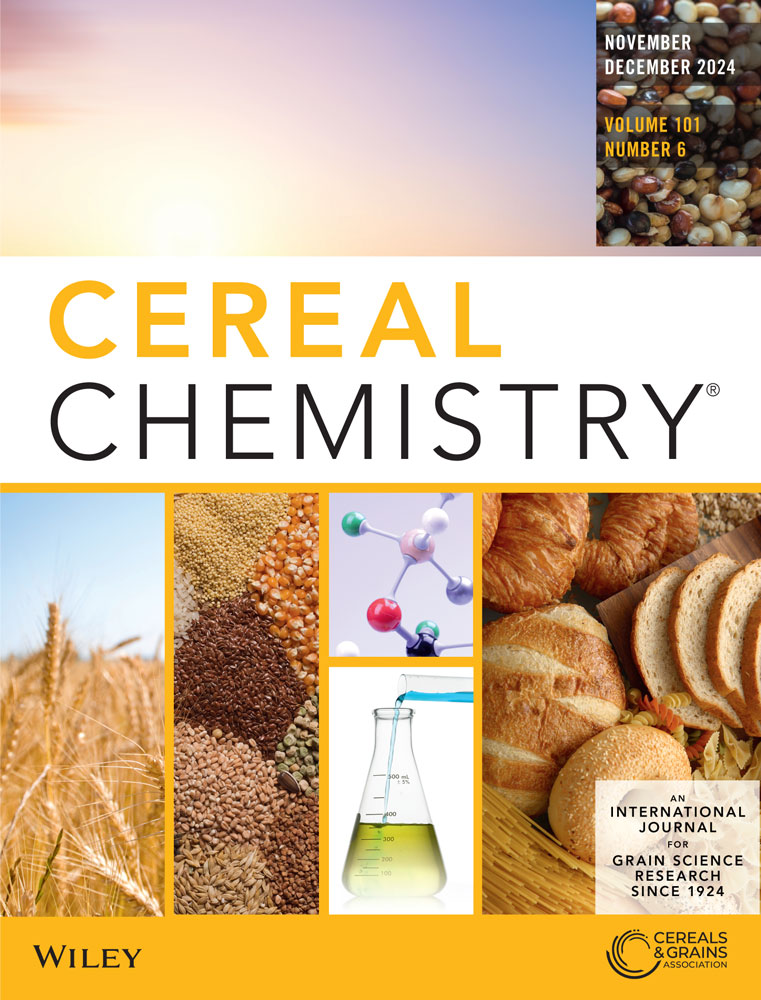During microwave drying process of corn, temperature and moisture content are the main reasons for crack formation, which reduces the drying quality. Therefore, it is necessary to study the effects of temperature and moisture content on crack generation.
Under the set drying conditions, as the temperature increases, cracks gradually increase, deformation gradually increases, and the crack index increases exponentially. As the moisture content decreases, deformation first increases and then decreases, single cracks first increase and then decrease and then increase, double cracks gradually decrease, multiple cracks continue to increase, and the crack index increases linearly. The deformation reaches its maximum value at a moisture content of 31%.
The results indicate that the generation of cracks is mainly influenced by water content. The maximum errors between the simulated and experimental values of temperature and moisture content are 4.73% and 7.76%, respectively, indicating that the model can be used to study the distribution patterns of temperature, moisture content, and deformation during corn drying.
This study established a mathematical model for electromagnetic, mass, energy, and deformation of corn, coupled the model for the solution, and conducted experimental verification. The relationship between the generation of cracks during microwave drying of corn kernels and temperature and moisture content was revealed.


